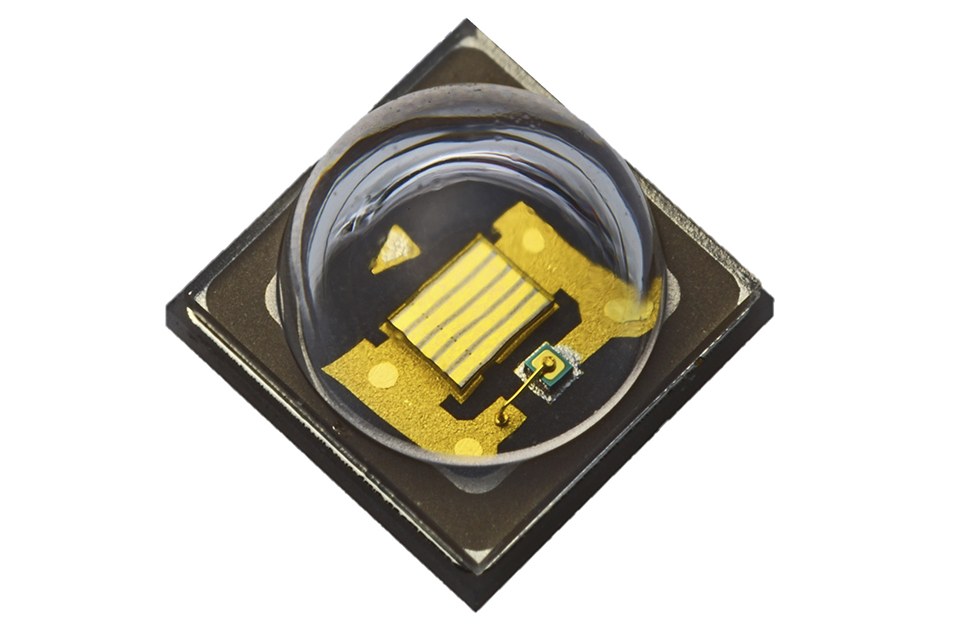Stanley Electric Proves 99.9% Inactivation of SARS-CoV-2 for 265 nm UV-C LED in Mass Production
Stanley Electric Co., Ltd. announced that their recently released 265 nm UV-C LED is in mass production and its effectivity to fight SARS-CoV-2 has been tested in cooperation with the Yamaguchi-University by Dr. Daisuke Hayasaka and Dr. Hiroshi Shimoda. As a result of the conducted evaluation test, Stanley Electric has confirmed high effectiveness of virus inactivation (inability to multiply) of SARS-CoV-2(the virus that causes COVID-19)using their 265 nm UVC LED.
Summary of test result:
Virus evaluated:
• SARS-CoV-2
Method:
• 10 ml of virus solutions (5 x 10⁵ PFU/ml) in dishes were irradiated with
265 nm UVC LED at different time points.
• Infectious virus titers were determined by plaque assay on cells.
Test result:
• Inactivation rate of SARS-CoV-2 is 99.9% or more, when the UV Dose
is 5.1 mJ/cm2
Stanley Electric is aiming to use this 265 nm UVC LED for various applications, such as surface sterilization, air sterilization, and water disinfection for providing safe drinking water, to control infection against SARS-CoV-2. Please note that we will continue to verify the superiority of this wavelength, by conducting further evaluation tests with different wavelengths of UVC light sources. We will inform you of the verification result once the test is completed.
Further information can be found at www.stanley-components.com/en/uvc_technology/
About Stanley Electric Co., Ltd:
Stanley Electric was established in 1920 by Takaharu Kitano to manufacture replacement automotive lamps for the small number of cars (all imported) then on the roads in Japan. The company celebrates its 100 years anniversary this year and employs around 17.000 people with offices and factories worldwide, the automotive lighting sector still being its main market.
The company was early to research and develop LED light sources in the late 1970s and introduced a number of innovative LED applications for car lights in the 1980s. The first white light LEDs were introduced in the late 1990s and, this year (2020) a US company was acquired, which makes high power UVC LEDs substrates that can be incorporated in anti-virus disinfection devices. From the chip to the finished component, the entire added value in this sector takes place in the company. - stanley-ledlighting.com/ & stanley-components.com/en

